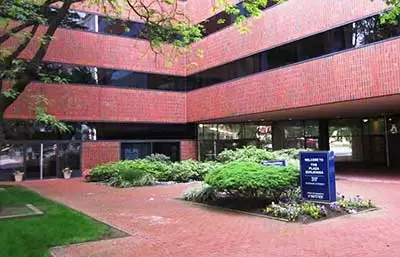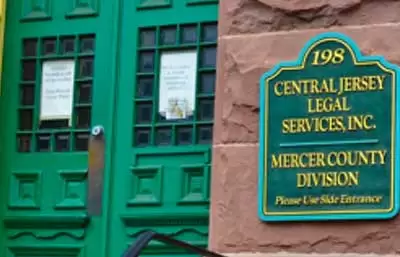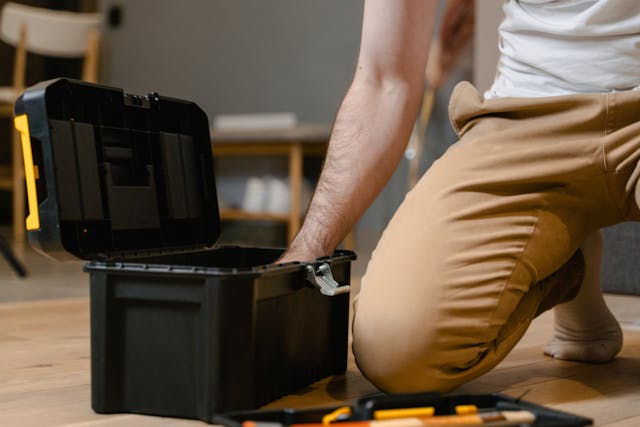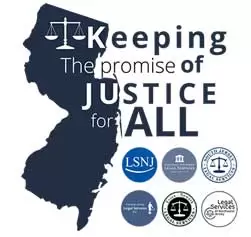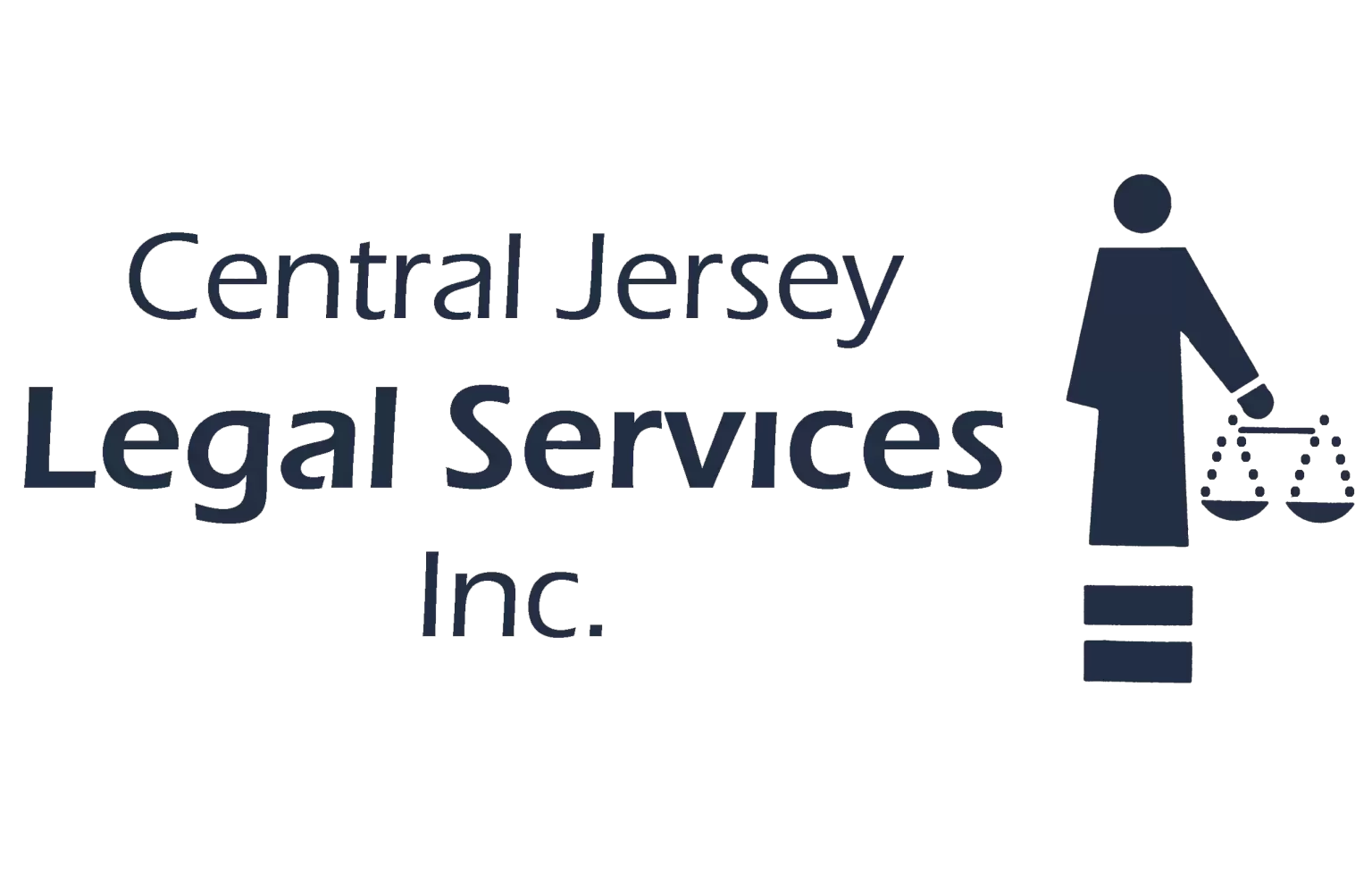Your landlord has a legal responsibility to keep your apartment in good repair. This does not mean that they have to fix every scratch or secure every screw. The landlord has to ensure that all of the parts of your apartment which are necessary to live are working correctly. These include: kitchen and bathroom plumbing, ceilings, floors, doors and windows, all appliances included with the apartment.
Getting your landlord to make repairs can be as simple as asking. On the other hand, it may be as difficult as having to withhold your rent, or having to contact your local code enforcement office. Below are the steps you should follow if your apartment is in need of repairs. Whenever you are trying to enforce your tenant’s rights, it is always best if your rent is up to date.
Notify Your Landlord of the Problem in Writing
If your apartment is in need of necessary repairs, the first step is to notify your landlord of the problem. The law requires you to notify the landlord in writing of the problems, and to give them reasonable opportunity and time to fix them. Make sure you keep a copy of any written correspondence.
Give Your Landlord a Deadline and Threaten to Withhold Rent
Hopefully writing a letter to your landlord will resolve the problem. If it does not, write a second letter to your landlord. It should also contain a list of the repairs. You should wait approximately two weeks after the first letter before writing the second letter in order to give your landlord an opportunity to respond, or address the repair. This period of time may be less if the repair is an emergency or creates a safety risk.
If Repairs are not Made
Once again, you must keep a copy of the second letter. If the repairs are not made within a reasonable time, you have the legal right to withhold the rent for the next month, and all subsequent months until the repairs are made.
Please note that you must not deny the landlord reasonable access to your apartment to make repairs, or to inspect the apartment in order to review the repairs you have requested. Reasonable access means access during normal business hours from Monday through Friday. This is especially important if your landlord makes a written request for access to your apartment. In such a case, you should always reply in writing.
Withholding Rent
To withhold your rent means to keep it safe either in a separate bank account, or in your regular bank account, but making sure it remains available to use for rent. When you withhold the rent, the landlord is still entitled to the payment once he makes the repairs you have requested.
After you withhold rent, your landlord might file an eviction action based upon nonpayment of the rent. In that case, having copies of the letters you sent to the landlord, and having the rent withheld in a bank account will become most important.
On the court date for eviction, when you go before the Judge, you simply tell the Court that you are withholding the rent because the landlord has failed to make necessary repairs. The Court will then
schedule another hearing, to give you an opportunity to demonstrate that repairs were necessary. The Court will Order you to deposit all the rent you have been withholding with the Court. If you do not deposit all of the rent due, you will not get a hearing. This is the reason that having the rent is so important. Without it, you will not get a hearing, and you will likely be evicted for non-payment of rent.
It is possible to negotiate, or to get a Court to allow you to keep some of the rent you withhold when the landlord has failed to make necessary repairs. If you can prove the conditions of your apartment are uninhabitable, the Court may abate your rent. That is, determine that, for a number of months, your monthly rent should be less than the amount you have been paying. In such a case, you will get back a portion of the rent you have been withholding.
Finally, always remember that the services provided by Central Jersey Legal Services are free of charge for qualifying persons. Therefore, if you receive a complaint for eviction from your landlord, or have any legal questions, please call.
